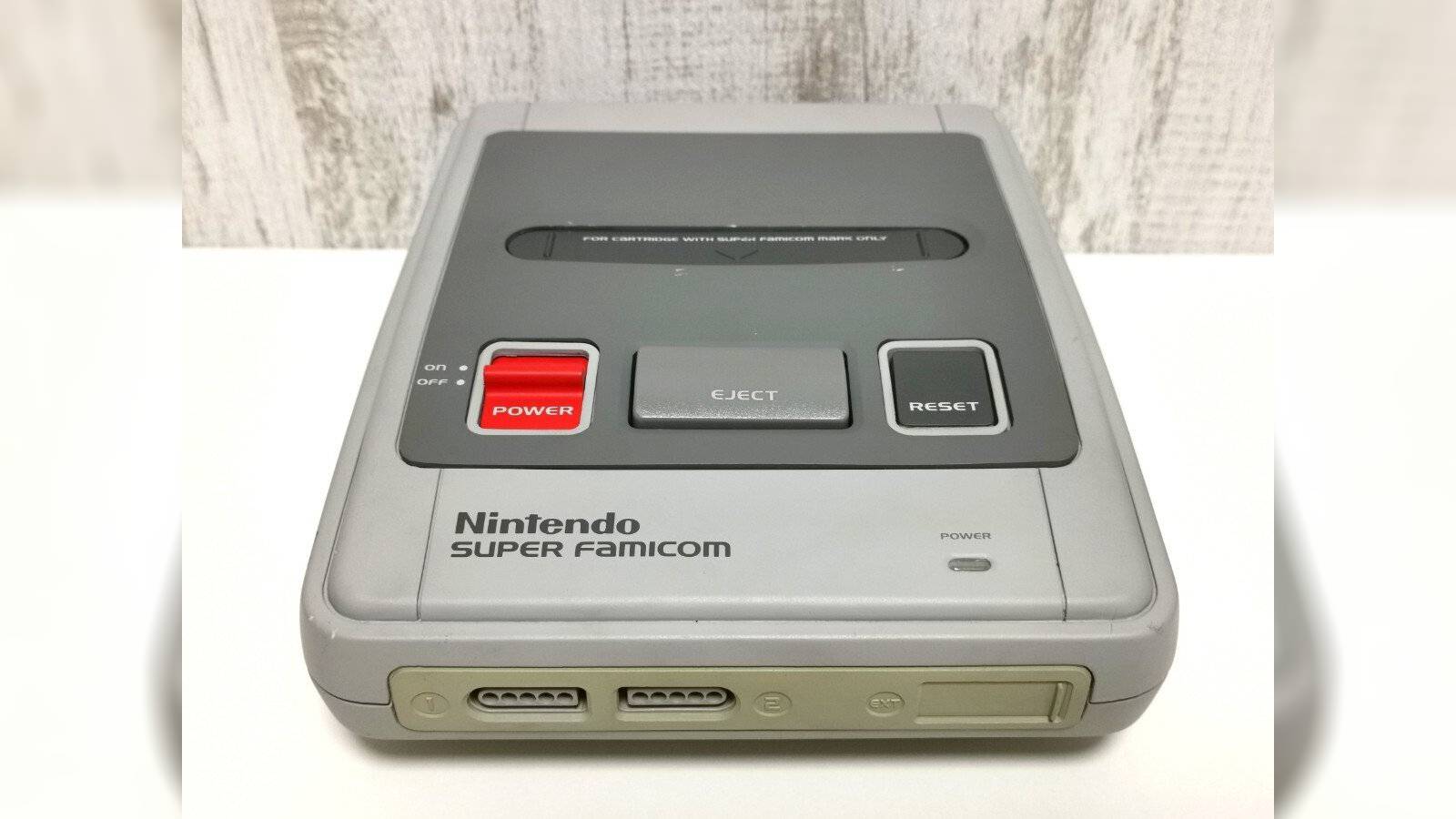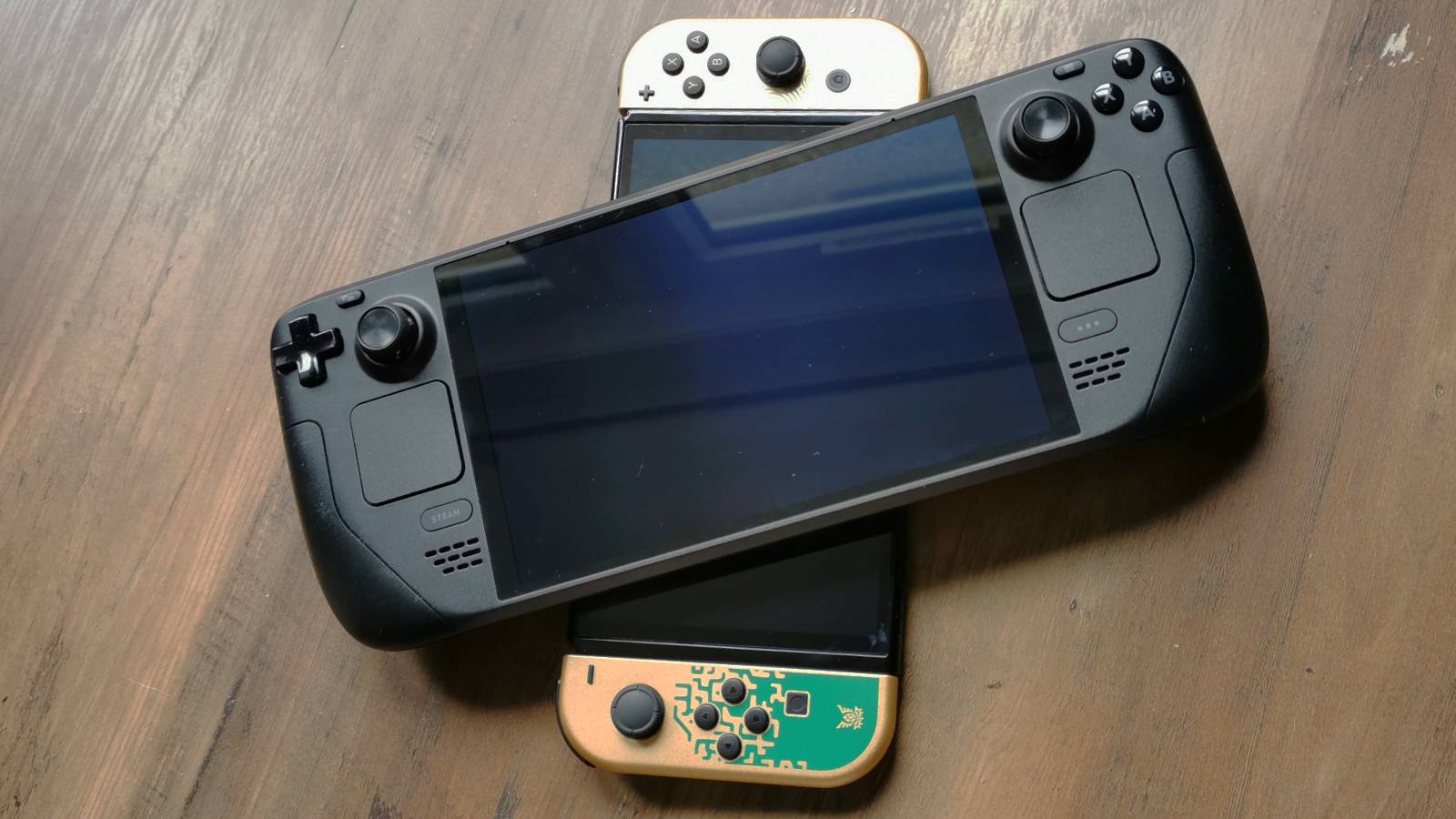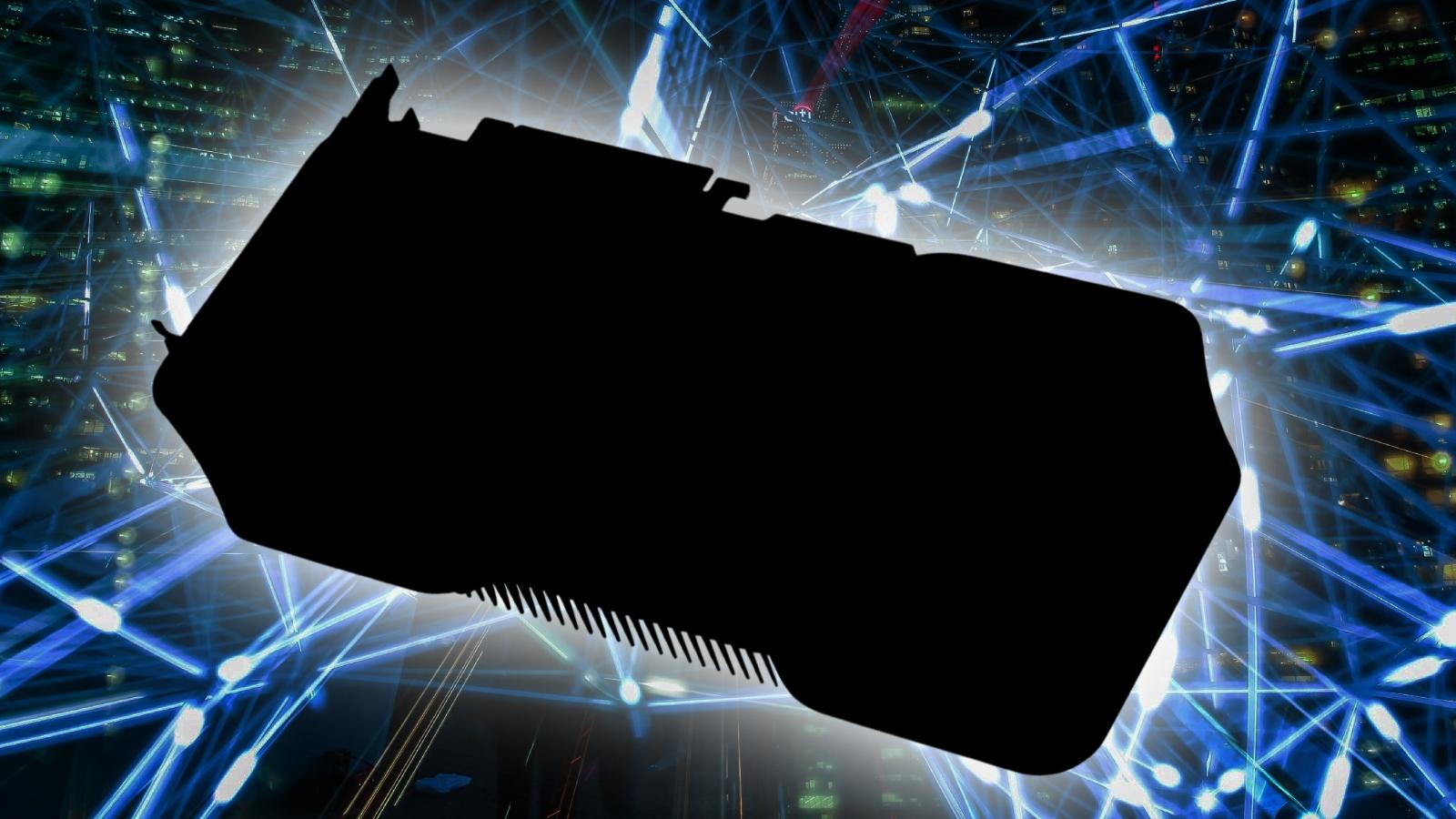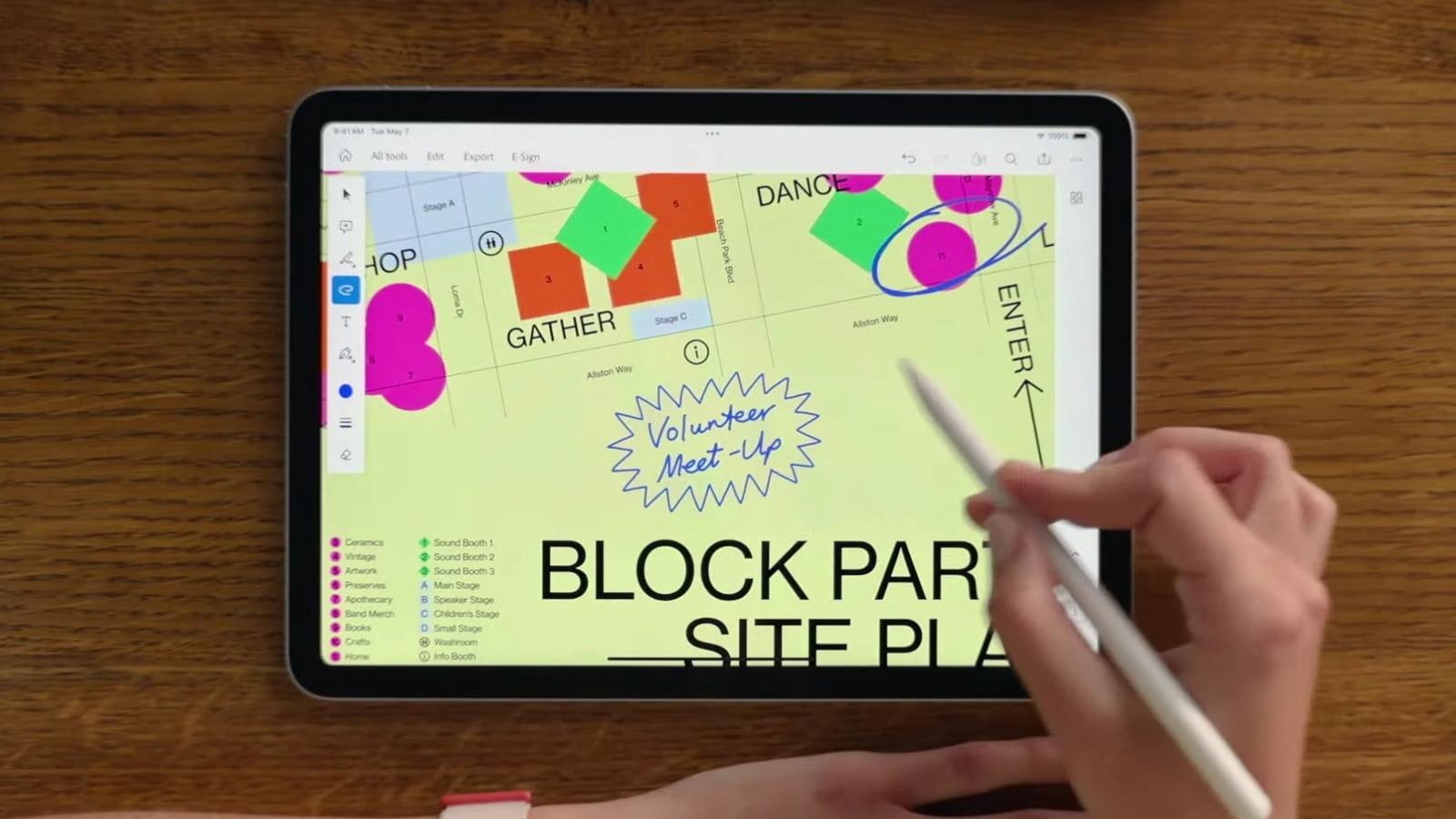Microsoft leak reveals Xbox Series X & S refresh slated for 2024
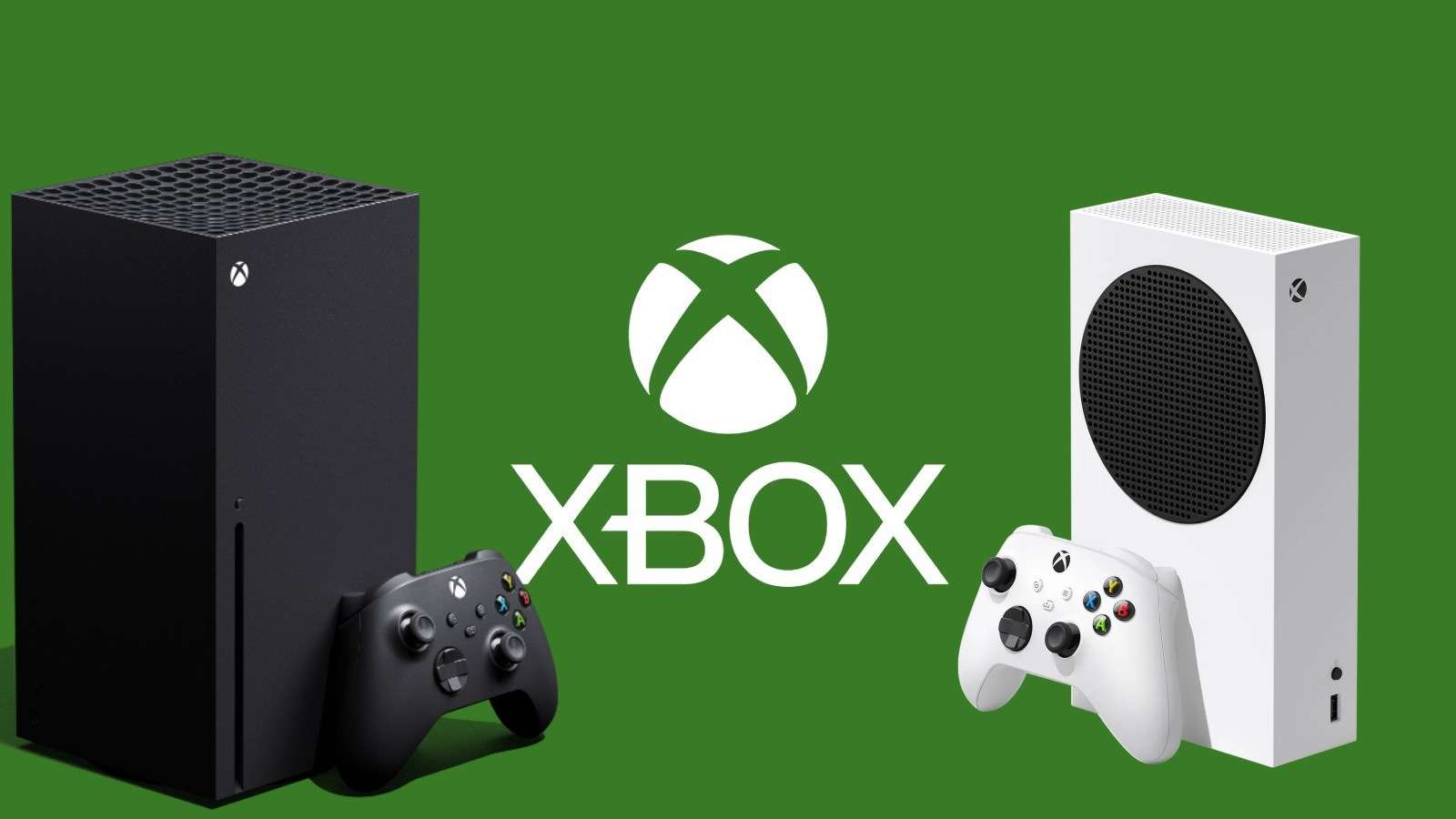 Microsoft
MicrosoftAccording to leaked official documents, Microsoft is preparing to refresh its console lineup next year with “Brooklin” and “Ellewood” consoles, which house several improvements over its predecessors.
It’s not been a good day for Microsoft, as a document from the Microsoft vs. FTC case has seemingly accidentally revealed a multitude of new announcements, just a day after emails detailed the power of the Nintendo Switch 2.
New Xbox Series X & S leaks
Among the leaks were plans for two new mid-generation refresh consoles. “Brooklin” and appears to be an Xbox Series X refresh. Most notably, according to leaks, Brooklin will not feature a disc drive and will be digital only. It is unclear whether or not the regular Xbox Series X will remain on sale after Brooklin’s release.
The leaked slide also showcases various internal updates, including WiFi 6E, BT 5.2, and a new die shrink which allows the console to fit into a cylindrical form factor. The console will ship with 2TB of SSD storage as standard, in addition to a frontal USB-C port. Brooklin will begin shipping in October 2024, for $499.
The Xbox Series S is also getting a minor refresh in the form of “Ellewood”. It sports the new WiFi 6E and BT 5.2 updates, in addition to being slightly more power-efficient and shipping with 1TB of storage. The new console looks very similar to the current Xbox Series S and houses a frontal USB-C port. Ellewood will be released for $299 in October 2024.
Both consoles will launch under the “All new” moniker, and will also have options for extended storage planned for 2025.
Microsoft goes all digital
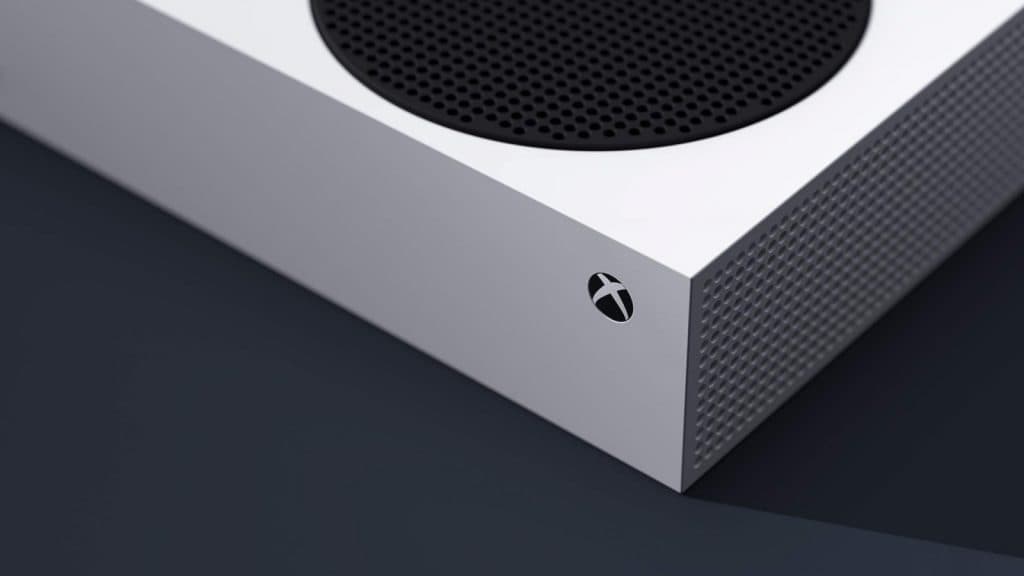 Microsoft
MicrosoftThe most interesting thing about both new consoles is that they are both digital and ship with no disc drive. This could be a signal to users that physical Xbox games might be discontinued sooner rather than later. It’s also a way for Microsoft to push users directly to their store. This will allow them and the developers to get slightly more money than if a user chooses to purchase a physical game.
This could prove to be a divisive move, as players in emerging markets may not have access to fast enough internet connections to stream titles over the cloud, or download hundreds of gigabytes of data easily.
